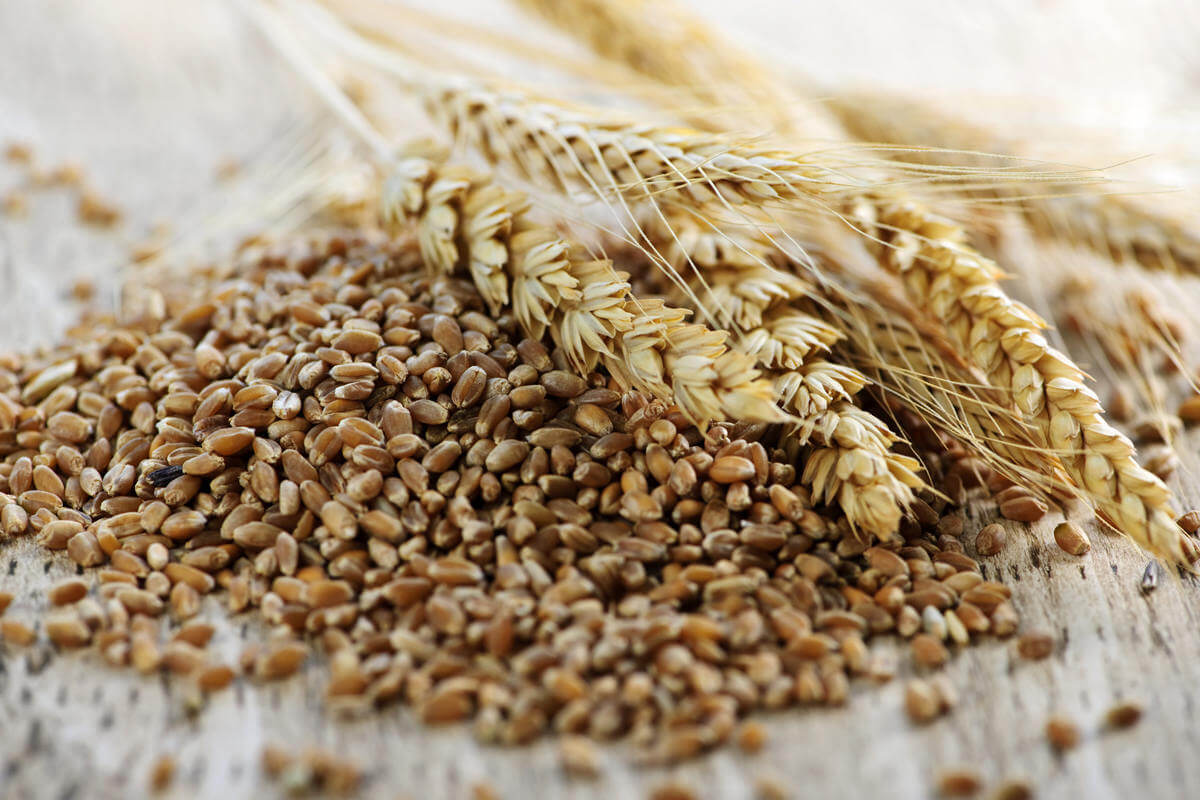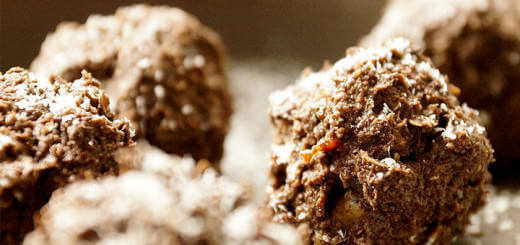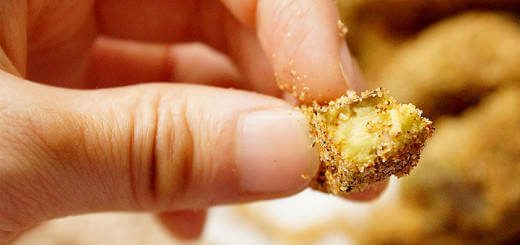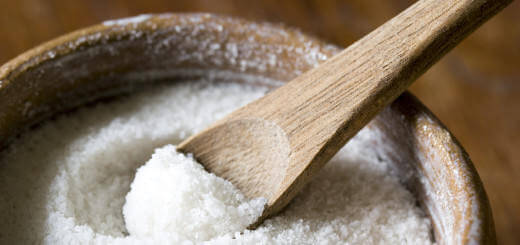The 2/8 Golden Rule for Health, Longevity and Disease Prevention
There are many things in life that doesn’t require a full 100%, such as eating. If you eat too much and feel too full, you’re likely to be bloated and have digestion problems. Which things in life can be done to 80% in order to promote health and longevity?
The 2/8 Rule for Health, Longevity and Disease Prevention
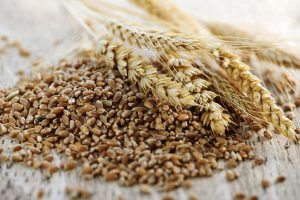
A famous health expert, Hong Zhaoguang who specialises in teaching health education once created an “Eighty Percent Principle”, eat until you’re 80% full, the vegetables you make is 80% salty, fruits and vegetables take up 80%, and always expect 80% out of anything.
He once wrote a book called “The 2/8 Golden Rule for Health”. Much like the golden ratio being 0.618 which makes it a very magical number, 2 and 8 is the same.
When you’re ill, 20% may be due to internal problems, but usually 80% is caused by external factors which can be prevented. If you follow the 2/8 Golden Rule, you may be able to prevent a lot of diseases.
20% Refined, 80% Whole (Coarse)
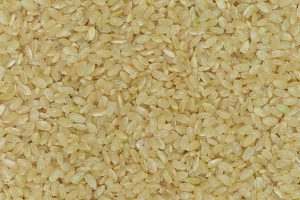
If you want to promote good health, it’s best to eat whole grains. In fact, there’s even a popular book called, “In order to prevent Diseases, Eat Whole Grains”. However, both whole and refined grains have their own merits. They’re almost like two secretaries working together to help the human digestive system.
Whole grains contain a large amount of insoluble dietary fibre which can improve microbial colonies in the the stomach and intestine. It also generates relatively low heat. Refined grains are different because the dietary fibre is soluble, and the heat is relatively high. However, refined grains have more proteins and amino acids.
The reason why we should eat more whole grains is because we usually eat way too much refined grains, which often results in constipation, obesity, high cholesterol, arteriosclerosis, diabetes and other type of diseases. Eating whole grains on the other hand can help prevent these diseases far more than refined grains can. It even goes as far as combating depression and have an anti-asthmatic and anti-cancer effect.
The best mix of whole and refined grains are 20% refined, 80% whole. For example, porridge cooked with 80% black rice or millet, with 20% regular rice. Another example is make steamed buns with 80% corn flour with 20% regular white flour.
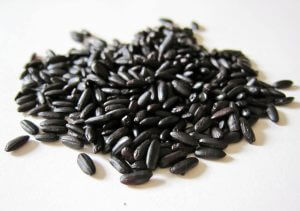
If you don’t like the taste of whole grains, you can add a little yeast after it ferments to soften these grains. Another idea is to crush them first, especially beans or wheat brain. It’s best to ground them into a paste. That way, the protein absorption can even be increased to 90%. Perhaps you can add a little milk or make it a little fragrant or sweet, which adds calcium.
However, those who regularly eats meat must add whole grains gradually. If you eat too much at once, your intestines and stomach won’t be able to adapt. Also remember to drink plenty of water while eating whole grains. The dietary fibre in whole grains need plenty of moisture to be digested well.
Beans are the best way to prevent constipation. Another great mixtures is soy soaked with vinegar. Millets are the best food for the spleen and stomach. Corn, red beans and white beans have a lot of viacin, which plays a great role in regulating blood sugar. Buckwheat, oats, soybeans contain rutin, which can lower cholesterol and soften blood vessels.
However, a reminder to everyone to to misunderstand the benefits of whole grains into that you should eat as much as you can.
The phytic acid and fibre in whole grains easily fuse together and can affect the body’s absorption of protein, calcium, ion and other materials, therefore it’s best to add seafood, soymilk, milk winter melon, cucumbers or other types of foods while you’re eating these grains.

